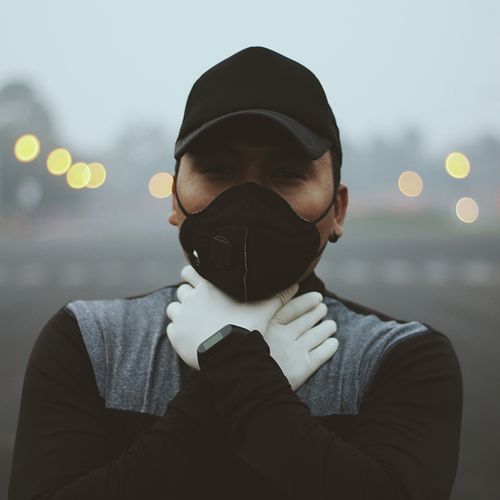The "choking game has been played by nearly one in seven students who were surveyed at a Texas university, a recent study finds.
This so-called "game" is played individually or in groups and involves deliberately cutting off blood flow to the brain in order to achieve a high. This is done by choking oneself or others, applying a ligature around the neck, placing a plastic bag over the head, placing heavy objects on the chest, or hyperventilating.
The dangerous behavior—also called the "fainting game," "pass out" or "space monkey—has led to several suffocation deaths in Texas and around the country, according to researchers at the Crime Victims' Institute at Sam Houston State University.
"This study was undertaken to determine who is playing the game, in what context and how they learned about it," said Glen Kercher, director of the Crime Victims Institute. "It is our hope that these findings will inform efforts by parents, schools and community agencies to warn young people about the dangers of participating in the choking game."
Survey Conducted
The investigators conducted a survey of 837 university students and found that 16% reported having played the choking game and 72% of those students said they had done so more than once. The average age when students first played the choking game was 14, and 90% of those who had played the game first heard about it from peers.
Curiosity was the primary motivation for playing the choking game and most of those who had participated said others were present. Males were more likely to have participated than females, the findings showed.
Learning about the potential dangers of the choking game acted as a deterrent for most of the students who had never engaged in this behavior.
"This game, as it is often called, does not require obtaining any drugs or alcohol, is free, and can go undetected by many parents, teachers, physicians and other authority figures. Most importantly, many of those who engage in this activity do not understand that the practice can be just as deadly as the illegal substances youth have been warned against," the study authors pointed out.
